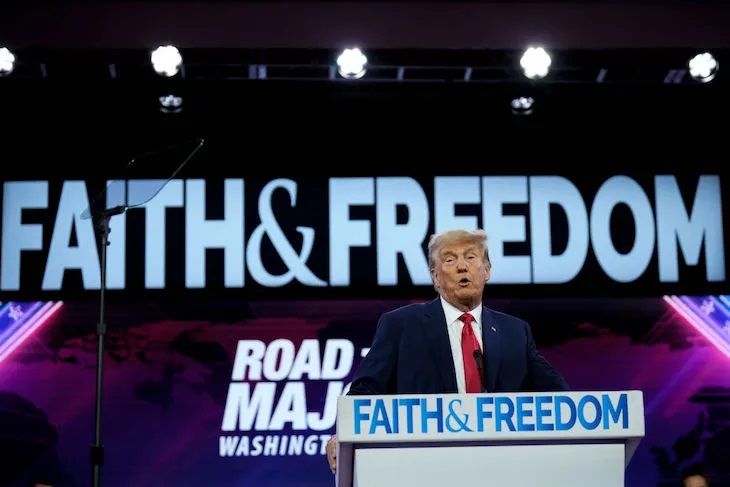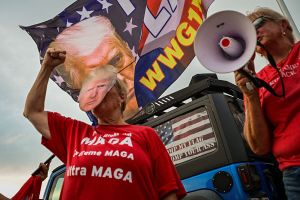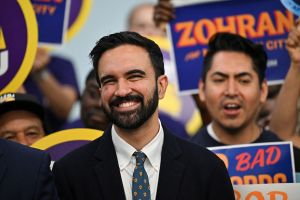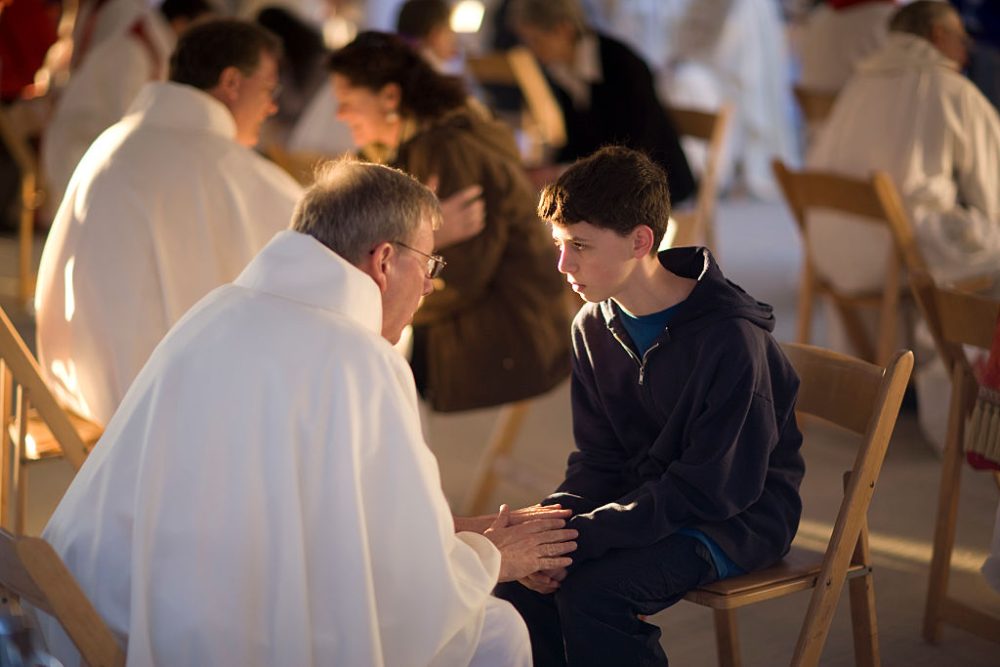When does radical religious conservatism become a dangerous bid for theocracy? It’s a question that some American commentators are pondering, in relation to “Christian nationalism.”
David French has argued in the New York Times that we should be wary of the term “Christian nationalism,” which is often attached to Trump-supporting evangelicals. There is nothing very dangerous about Christians wanting their faith to be politically expressed, he says. If you define the term broadly, “then you’re telling millions of ordinary churchgoing citizens that the importation of their religious values into the public square somehow places them in the same camp or on the same side as actual Christian supremacists, the illiberal authoritarians who want to remake America in their own fundamentalist image.”
The Church of England has internalized liberal political values
It’s fine to believe that there should be “Christian participation in politics,” not so fine to believe “that there should be Christian primacy in politics and law.” And there is indeed a movement that has this theocratic agenda, which calls itself Christian Nationalism, or Dominionism.
Ross Douthat, in the same paper, agrees that the term is slippery, and that religious idealism about the nation has been basic to liberalism as well as conservatism, as in the case of Martin Luther King. So today’s liberals are wrong to depict “even banal forms of religious conservatism as theocratic. This requires a pretense that any kind of politics motivated by conservative evangelicalism or Catholicism is a threat to the First Amendment, that the Republic of Gilead from The Handmaid’s Tale is a plausible dystopia and that references to natural law and God-given rights are somehow an alien and illiberal ideology impinging on our secular tradition… Today’s religious conservatives are mostly just normal American Christians doing normal American Christian politics, not foot soldiers of incipient theocracy.”
On the other hand, Douthat agrees that there has, in recent years, been an increase “of writers and pastors, often either Calvinist or Pentecostalist, who openly identify as Christian nationalists, who call for a confessional if not a theocratic America and who present themselves as religious revolutionaries seeking not just reform but dominion.”
Neither writer quite pins this issue down. The issue is basically this: what makes it OK for Lincoln or Kennedy or King or Obama to say that the nation has a divine calling, and to speak of Christianity as a source of national inspiration, but dangerous for a Trump-supporting pastor to do something similar? The answer is simpler than French or Douthat suppose. Those in the former camp also have a strong belief in the liberal state, including the principle of religious freedom. They actually see this principle as an expression of Christianity.
As I see it, any form of religion that denigrates the liberal state is dangerous, it has some residual sympathy with theocratic ideals. This includes conservative Catholicism, which denounces any compromise with the godless liberal state. It contributes to the anti-liberal mood, though it steers clear of idolizing the nation. As a moderately conservative Catholic, Douthat ought to be clearer about this.
“The separation of church and state” is an old shorthand for belief in the liberal state. But it’s not a very useful one. Even the dominionists are not campaigning for an established church. The British context is also an interesting one and it goes topsy-turvy. Last week, the Hindu prime minister praised the established church for fostering tolerance. And no one laughed. It’s just a fact that the Church of England has internalized liberal political values. We should wake up to the oddness of this, the benign strangeness: we have developed a form of Christianity that guards against theocratic posturing — despite the best efforts of a few “post-liberal” theologians.
This article was originally published on The Spectator’s UK website.


























Leave a Reply